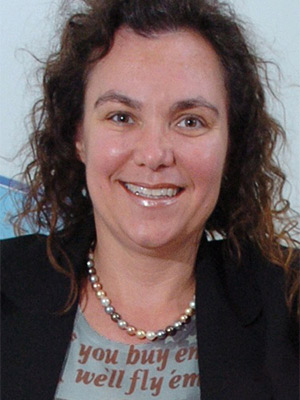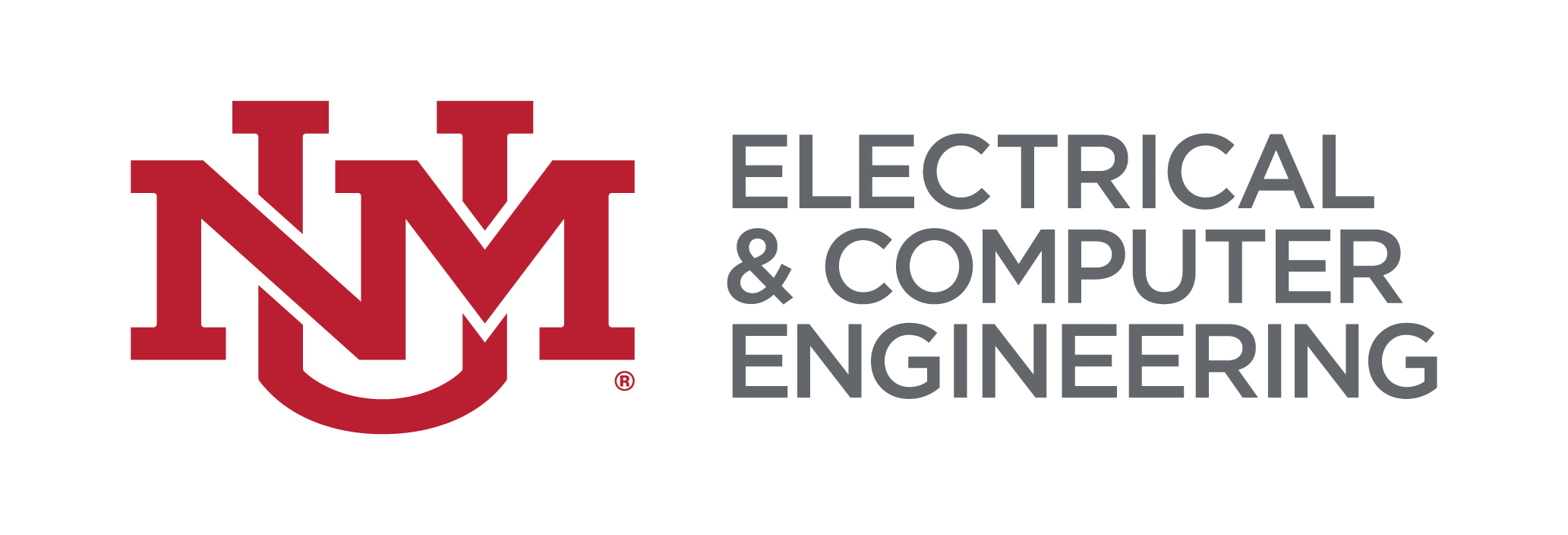Sandra Gail Biedron
Contact

Research Professor
Department of Electrical and Computer Engineering
Education
BA Chemistry and Biology. Minor: Mathematics, Trinity Christian College 1994
PhD in Accelerator Physics, Lund University, Lund Sweden 2001
Biography
Sandra G. Biedron is a Research Professor of Electrical and Computer Engineering in the College of Engineering at the University of New Mexico (UNM). She also recently accepted a secondary appointment in the Department of Mechanical Engineering as a Research Professor for a term of three years.
Since 2002, she has served as the Managing Member of a research and development company Element Aero. She served recently as a Visiting Professor in the Faculty of Engineering at the University of Ljubljana, Slovenia and remains an Affiliate Professor of both Electrical and Computer Engineering (College of Engineering) and Environmental and Radiological Health Sciences (School of Veterinary Medicine and Biological Sciences) at Colorado State University in her transition to UNM. She holds a Ph.D. in Physics from the Lund University in Sweden.
She leads many research projects and recently served as Deputy Lead Engineer for the Integration and Test of an Innovative Naval Prototype through a Boeing contract. Formerly she was the Department of Defense project office director and a physicist at Argonne National Laboratory and was an associate director of the Argonne Accelerator Institute. While at Argonne, she held faculty positions at both the University of Maryland (Electrical and Computer Engineering) and in the School of Physics at Monash University, Victoria, Australia. Dr. Biedron served as a technical and management consultant on the successful FERMI free-electron laser project at Sincrotrone Trieste (Italy).
Her interests are many and include particle accelerator systems, laser systems, the use of artificial intelligence in controls, modelling, and prediction of complex systems, sensors and detectors, and applications of these technologies in science, security and defense. She recently served as co-lead for the Department of Energy’s Basic Research Needs for Compact Accelerators for Security and Medicine for the Computing, Controls and Design technical group. She served as a co-leader of the security and defense portion of the Accelerators for America’s Future publication sponsored by the Department of Energy, the follow-on support information for a report requested by the Senate, and a subsequent DOE report on high power lasers.
She also has served on a National Academies committee and report. Dr. Biedron is an active member of several professional societies. She is a Fellow of the American Physical Society (APS), a Senior Member of the Optical Society of America (OSA), a Senior Member of the Institute of Electrical and Electronics Engineers (IEEE), a Fellow of the SPIE, and a member of the Italian Optical Society (SIOF). She has served on a variety of international program and organizing committees and has organized a number of conferences, workshops, and plenary sessions. She serves as a reviewer for several journals and is on the Editorial Board for the American Physical Society’s Physical Review Accelerators and Beams and IEEE’s Access. She recently served as a Senior Guest Editor of IEEE’s Transactions on Nuclear Science and as an Associate Editor of IEEE Photonics.
She serves as a technical reviewer on projects worldwide, including as Chair of the Program Advisory Committee (APAC) of the Brookhaven National Laboratory’s Accelerator Test Facility (ATF). Dr. Biedron has myriad archival and conference papers and technical documents, holds a U.S. patent, has an international patent pending, and holds an international trademark. Further, she served on a NATO panel for sensors and electronics. In 2010 she was presented a Letter of Commendation by the Chief of Naval Research for her technical efforts and in 2013 she was honored with the George T. Abell Outstanding Mid-Career Faculty Award for the College of Engineering at Colorado State University. In 2018, she received the IEEE Nuclear and Plasma Sciences Society’s Particle Accelerator Science and Technology award.
Her activities in her civic life include
- having been a board member of the Slovak American Charitable Association for ten years and initiating and launching a scholarship program during this tenure;
- curating Enrico Fermi's personal items symbolizing immigration from Europe during World War II;
- and restoring the property to the historic standard (outlined by the U.S. Department of the Interior) once owned by the first woman to vote in an important election in Cook County, Illinois that encompasses Chicago - www.ingersoll-blackwelderhouse.com.
Press on the award:
Research Group (click a name below to view a pdf of her or his CV):
Research Scholar
♦ Salvador Sosa, Ph.D.
Post-doctoral research associate
♦ Aasma Aslam, M.S.
Ph.D. student UNM ECE
Ph.D. Candidate of Computer Science, University of Hazara, Pakistan (Dissertation completed)
♦ Jorge Alberto Diaz Cruz, M.S.
Ph.D. student UNM ECE
♦ Reza Pirayesh, M.S.
Ph.D. student UNM ME
Teaching Interests
- Accelerator Engineering
- Advanced Accelerator Engineering
- Microwave and Beam Instrumentation Laboratory
- Synchrotron Rad, FELs and Hard X-Ray Optics
- Pulsed Power and Intense Beams
- Systems Engineering Architecture
- Circuits (undergraduate)
- The Physics of Acoustics for Sound Engineers (undergraduate)
- The Physics of Dance (undergraduate)
Research Interests
- Science and technology advancement
- Facilitating global science and technology environments for U.S. and allies
- Technology incubation and transfer
- Systems engineering and project management
- Lasers and applications
- High-gain, single-pass, free-electron lasers
- Design, construction, upgrades, and extensions of existing laser and accelerator facilities Uses and operation of user-driven accelerator and laser facilities
- Controls (Standard and Advanced - Artificial Intelligence Inspired)
- Machine Learning
- Development of analytical research tools
- Applications of beams
- Aircraft applications and design
- Science and technology history
- Science and technology education
